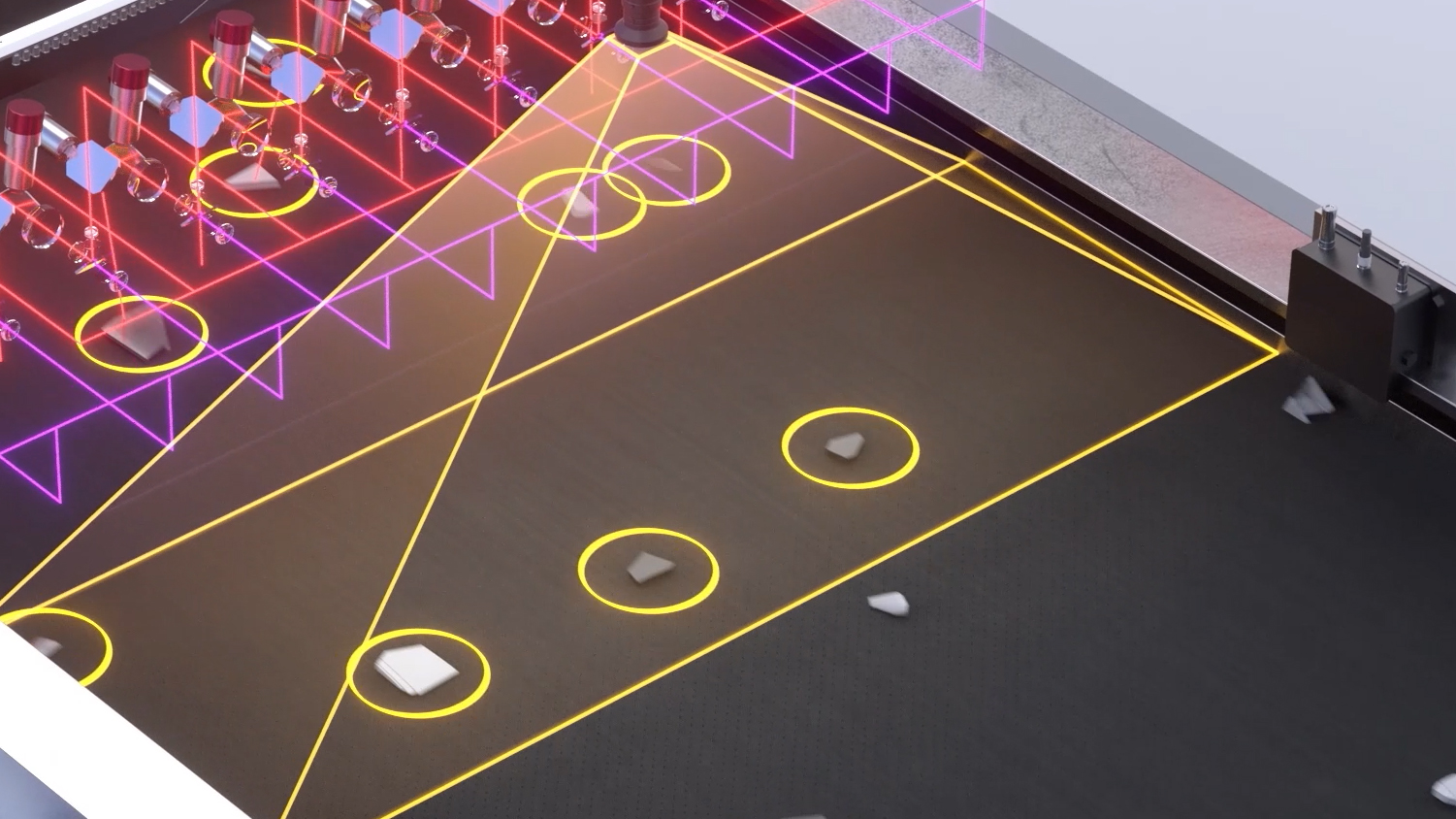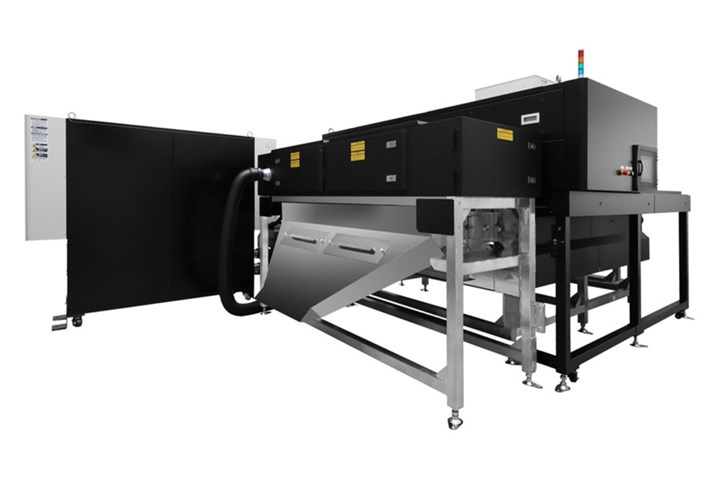
Continuously pushing boundaries in several industries, Canon's job never seems done. It has now turned its head to recycling, introducing innovative technology for fast and efficient sorting.
Not just content with making some of the best mirrorless cameras and best photo printers on the market, Canon has announced that it is entering the recycling system business, with the launch of new plastic sorting equipment with groundbreaking material identification capabilities.
The equipment employs Raman Spectroscopy technology with a tracking mechanism to identify, with a high degree of accuracy, different materials to sort them most efficiently.
Raman Spectroscopy is a non-destructive chemical analysis technique that measures the interaction of scattered light on the chemical bonds and "vibrational energy modes" of a sample. This enables the detection of different materials, as well as various colored materials.

Conventionally, black plastics that are often found in home electronics are notoriously challenging to detect. This is due to the black material not reflecting visible light, thus requiring a longer amount of exposure time with the laser light. This is the case for near-infrared and Raman Spectroscopy detection methods – but Canon's new development has made this a little easier.
"By combining Raman Spectroscopy with Canon's measurement and control equipment, the company has developed a tracking Raman spectroscopy technology which scans laser light toward the pieces, thus ensuring there is enough measurement time required for each piece of plastic according to its color and achieving high speed and high accuracy overall," says the manufacturer.
According to the Plastic Waste Management Institute, "roughly 20% of plastic waste generated in our daily lives is recycled as material for new products (material recycling), while the remainder is used as fuel or incinerated. Recycled plastics have to maintain a certain degree of purity, which is why materials made of plastic waste… must be accurately identified".
This is exactly what Canon's technology, which features in the new TR Series, achieves. The debuting Canon TR-S1510 maintains a conveyor speed of 1.5 meters per second and can sort up to 1 ton of plastic per hour. It will enhance detection, efficiency, and speed, improving the productivity of recycling plants – which will serve Canon's aim to "build a circular economy by maximizing material recycling."
You may also be interested in our guides to the best Canon cameras, the best Canon lenses, and the best Canon printers.







